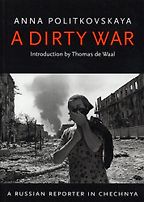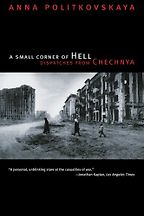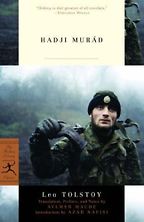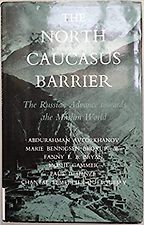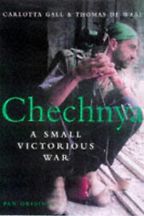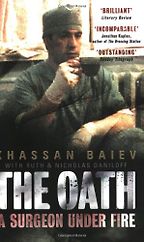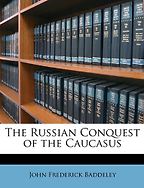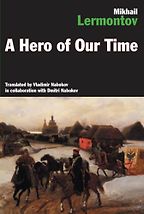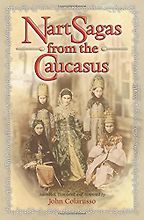Books by Anna Politkovskaya
Putin’s Russia
by Anna Politkovskaya
Politkovskaya was a very down-to-earth journalist and she gave the reality from the point of view of the common people, especially women. She was not non-partisan: she was very partisan, but she managed to be a professional journalist.
A Dirty War
by Anna Politkovskaya
A Dirty War is about the way the Russians conquered Chechnya in 1999-2000. It’s a really powerful account written in the immediate aftermath of the events, bringing to life the brutal mistreatment of Chechens and the destruction of Grozny by Russian forces. Politkovskaya was a very brave woman to write the book at the time and deserves a great deal of respect for what she did.
A Small Corner of Hell
by Anna Politkovskaya
If Politkovskaya was on anyone’s side, it was that of ordinary civilians. Civilians in Chechnya, torn between two rival tyrannies, who couldn’t get their own stories heard by the world – the people who get woken up by soldiers taking their teenage daughter away to rape, or who lose their legs treading on mines, or whose neighbours get their throats cut or their fingers cut off – whose predicament she movingly described. And, of course, she was on the side of ordinary Russians – the people increasingly hemmed in by a blinkered press and ignorant of the world’s bigger realities.
Interviews where books by Anna Politkovskaya were recommended
The best books on Chechnya, recommended by Vanora Bennett
Award-winning reporter and novelist Vanora Bennett says there are no superlatives too superlative for Anna Politkovskaya, who, after three books and innumerable investigative reporting trips to Chechnya, was murdered in Moscow
The best books on The Caucasus, recommended by Oliver Bullough
Author and former Reuters correspondent in Moscow chooses books on the Caucasus and says the only language Russia understands is unconditional surrender, whether they are ruled by the Tsars, the Communists or Putin
The best books on Georgia and the Caucasus, recommended by Per Gahrton
‘Most people still live rather primitively, and that is not good from a purely economic point of view, but it’s very charming and the food is wonderful.’

